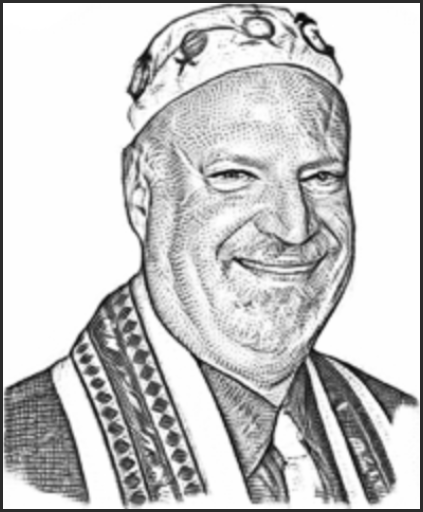By Anne White
In the final hours of Connecticut’s 2025 legislative session, Senator Ryan Fazio (R-New Canaan, Greenwich, Stamford) positioned himself as both a prominent critic of a sweeping state housing bill and a principal author of two bipartisan reforms designed to benefit communities like New Canaan. His dual role—combining defiant watchdog with practical legislator—reflects the shifting political tensions between Hartford and Connecticut’s municipalities.
At the center of Fazio’s protest is House Bill 5002, a 160-page omnibus bill that originated as a homelessness initiative and evolved, in Fazio’s words, into a “deeply flawed” top-down assault on local planning authority. He is urging Governor Ned Lamont to reject the legislation.
“This bill represents one of the most aggressive attacks on local control our state has seen,” Fazio said. “What began as a one-page bill on homelessness has transformed into a 160-page omnibus filled with top-down mandates that override the voices of our towns and cities.”
Chief among his concerns is the “Fair Share” mandate, which Fazio argued would obligate towns like New Canaan to construct thousands of new housing units, irrespective of local infrastructure capacity or community development plans.
The bill also incorporates “Work Live Ride”, a measure permitting as-of-right development for multi-unit housing near transit hubs. Another provision removes parking minimums for developments under 24 units—effectively requiring towns to subsidize parking shortages and inviting further traffic congestion, a concern already voiced by New Canaan’s Planning & Zoning Commission in other contexts.
Fazio’s challenge is not merely rooted in home rule principles—it carries political weight. H.B. 5002 passed the Senate 20–15, with more Democrats voting ‘no’ than on any other successful bill this year. Its passage followed a 2 a.m. Republican-led filibuster, and it narrowly cleared the House.
While pushing back against the housing bill, Fazio secured a unanimous legislative win with the passage of Senate Bill 1558, a bill he authored to address the cross-border taxation of Connecticut residents by states such as New York. The legislation offers a 60% state tax credit to Connecticut residents who successfully challenge out-of-state taxation for income earned while working remotely from Connecticut.
“For years, Connecticut residents…have been unconstitutionally forced to pay high taxes to those other states on days that they work entirely from home in Connecticut,” said Fazio. “There is no legal rationale for one state taxing residents of another state for labor entirely performed within the other state.”
For New Canaan residents, the implications are direct and substantial. A significant portion of our local workforce commutes to Manhattan or telecommutes for New York-based employers. Fazio noted that correcting the current taxation structure could recapture hundreds of millions in state revenue—and save individual New Canaan residents thousands of dollars annually.
In a second legislative victory, Fazio helped shepherd Senate Bill 4 through the chamber—a bipartisan energy compromise delivering $200 million in annual utility savings statewide. The measure slices $100 million from public benefits charges and another $100 million from transmission fees, two recurring costs embedded in residents’ monthly electric bills.
“We’ve heard from tens of thousands of families who are being crushed by these costs,” Fazio said. “We never stopped fighting for them. Today’s compromise marks one small step toward long-overdue relief.”
Though Republicans had pushed for deeper cuts, Fazio described the legislation as “a step in the right direction.” He pointed to specific reductions in subsidies for renewable mandates and transparency reforms as signs that fiscal concerns are finally gaining bipartisan traction.
Senate Minority Leader Stephen Harding agreed. “This legislation does not go far enough,” he said, “but thanks to Republicans constantly beating the drum and forcing Democrats to recognize this cost-of-living crisis, we are finally taking a step in the right direction.”
Governor Lamont is expected to sign both S.B. 1558 and S.B. 4. But H.B. 5002—the housing overhaul—remains undecided.
“I urge the governor to veto H.B. 5002,” Fazio said. “Let’s go back to the drawing board…without gutting local control.”



